Network Security
The course introduces the fundamentals of network security, focusing on methods to defend against network threats and vulnerabilities, as well as protecting devices and networks. Based on the Cisco Networking Academy curriculum, the program also provides participants with educational qualifications.

The faculty hosting the training

Faculty of Information Technology
What you will learn
The aim of the training is to provide the participants with knowledge and qualifications that can be applied within the international Cisco Networking Academy education network (or even enable them to teach the Cisco Networking Academy curriculum). The course will cover the fundamentals of network security, including methods to protect against network threats and vulnerabilities, and how to protect devices and networks.
Course description
Students will learn the basics of IT security: network security, various anti-malware solutions and threats, and the basics of cryptography.
They should be able to apply the knowledge acquired in their practical work.
Recommended for
The target group for this course is mainly people with basic IT skills who are interested in networking and technical subjects.
Training Topics
- Modern Security Threats
- Attack Techniques
- Creating Privilege Levels
- Device Monitoring & Management (SNMP, Syslog)
- Authentication, Authorization & Accounting (AAA, RADIUS, TACACS+)
- Firewall Technologies
- Stateful Firewalls (DMZ, CABC)
- Intrusion Detection & Prevention (IDS, IPS)
- Securing Local Networks (MAC Address Spoofing, Flooding, VLAN Attack)
- Basics of Cryptigraphy
- Virtual Private Networks (VPN)
- Tunneling Techniques, IPsec, Configuring SSL
- Managing Secure Networks
- Penetration Testing
Entry requirements
Prior knowledge required: basic IT skills.
Expected Duration/Intensity of the Training
One semester, in 5 x 8 hour blocks.
I’m enrolling
Courses that may interest you
Introduction to Industrial IT Systems (Industry 4.0)
The training series aims to provide a clear introduction to the basics, benefits and operating conditions of the Fourth Industrial Revolution, while providing practical knowledge in web development, programming, data management and industrial performance calculation through IT modules. The modules can be completed flexibly and in a sequential manner, offering participants immediately applicable skills.
60 hours
Introduction to Circular Economy (summer course)
The aim of the training is to provide corporate and institutional decision-makers with a foundational understanding of the circular economy model. The course comprehensively summarizes the most important theoretical and practical issues of this emerging topic.
25 hours
Molecular characterization of biomolecules by Capillary Electrophoresis
A five-day intensive course on capillary electrophoresis for biomolecular analysis, combining theoretical knowledge with hands-on practice. Learn to analyze proteins, peptides, and glycans with advanced detection techniques and enhance your biomolecular research skills.
40 hours
Registration: 2025.10.03.




